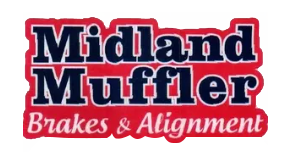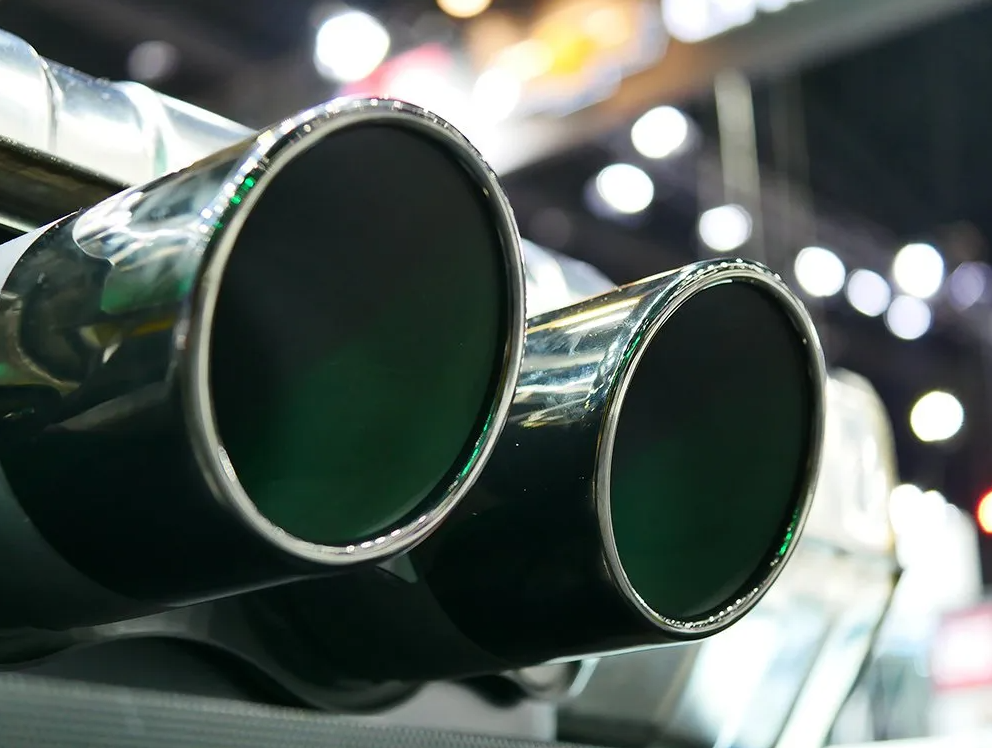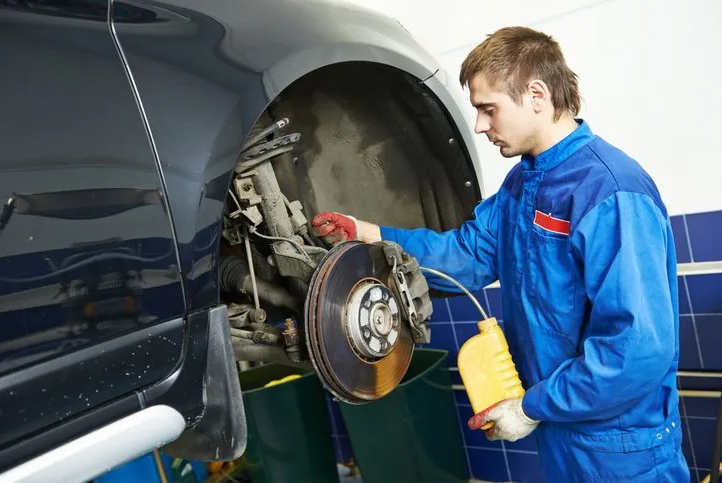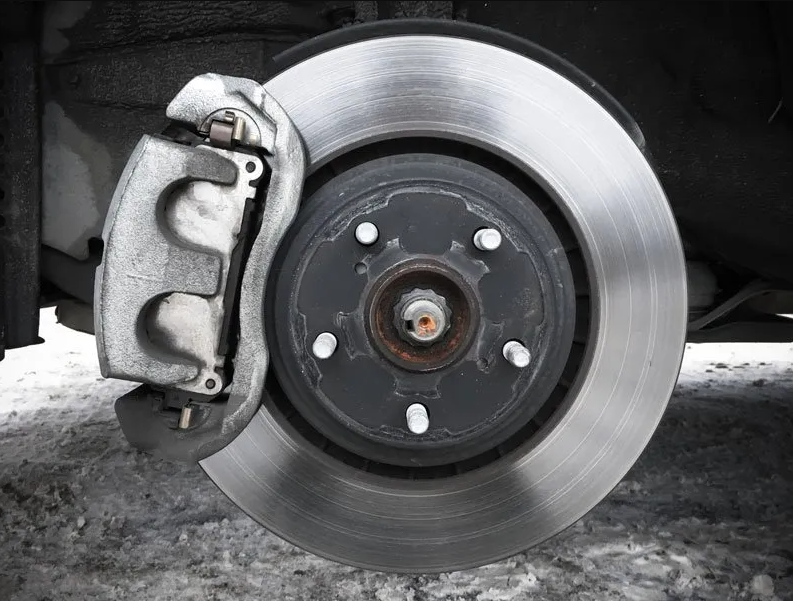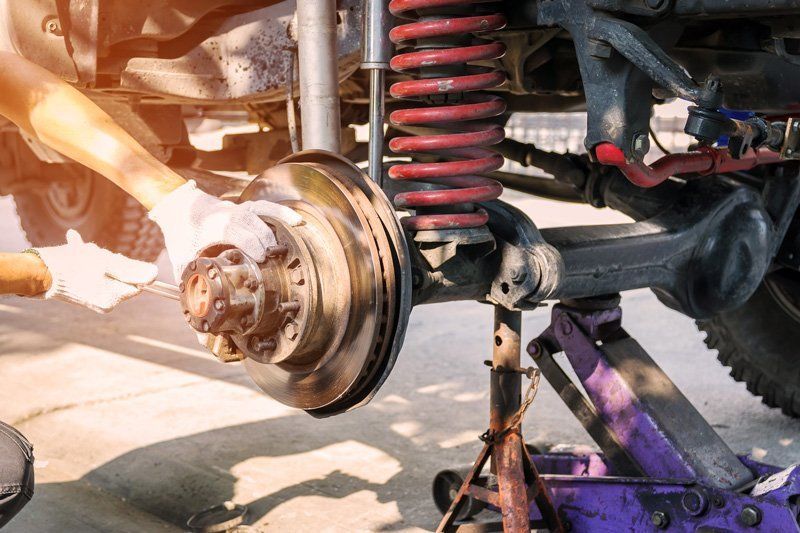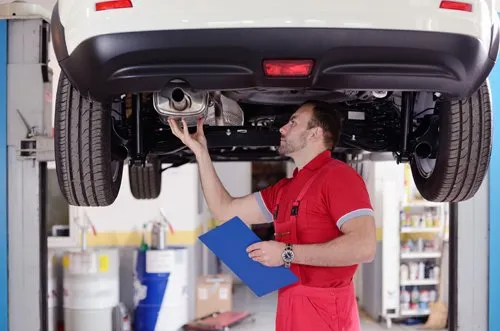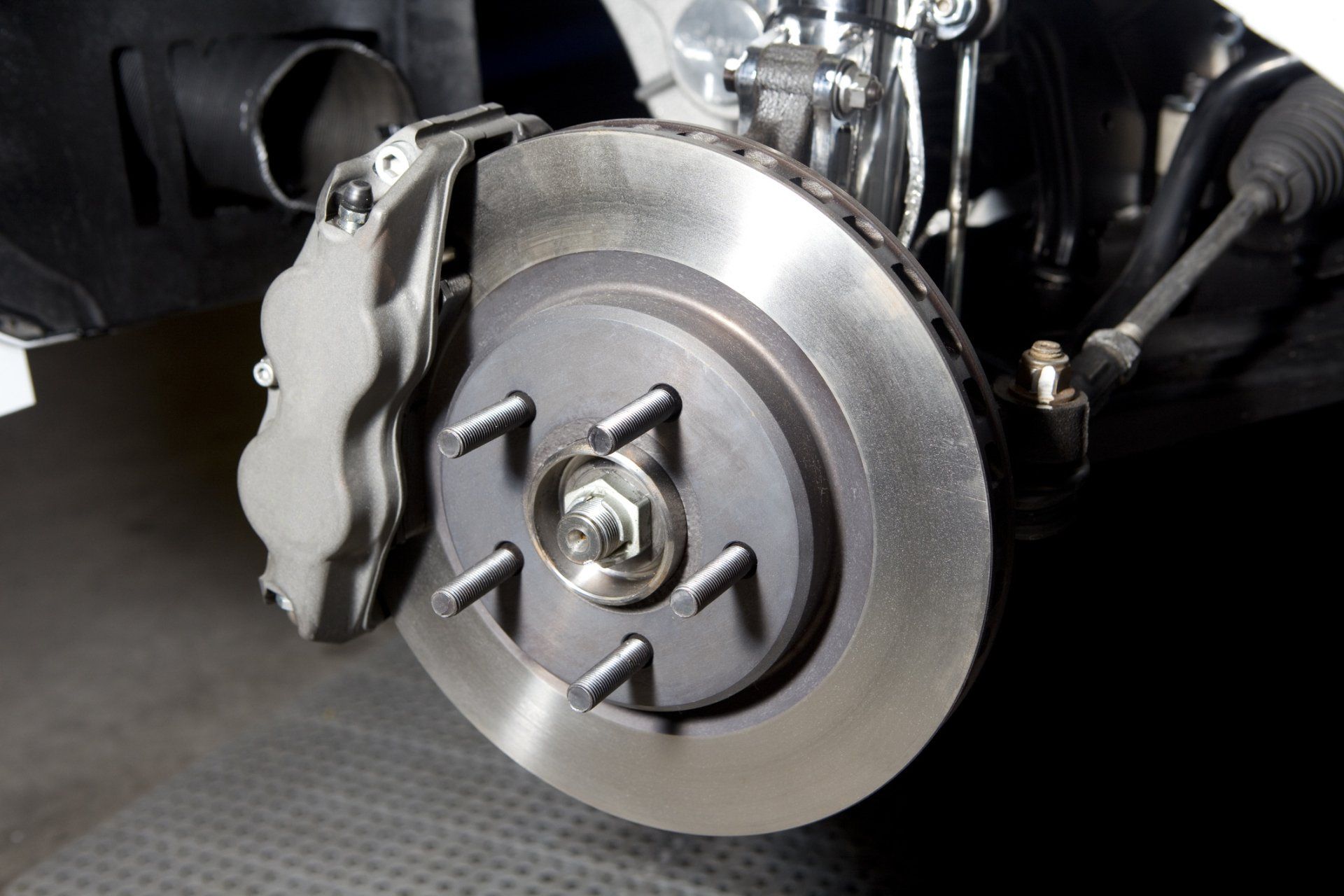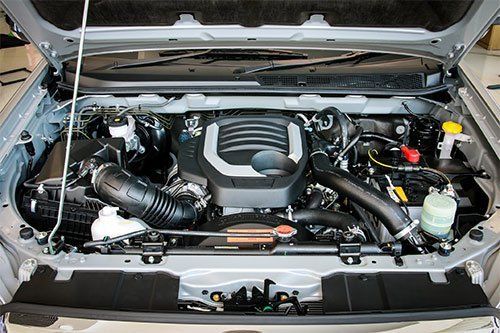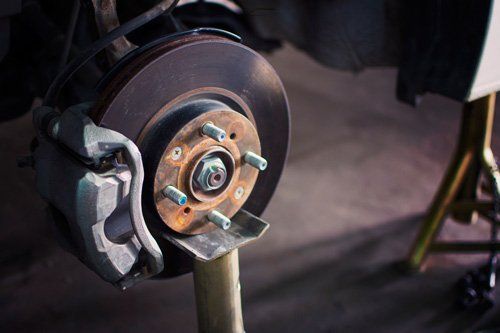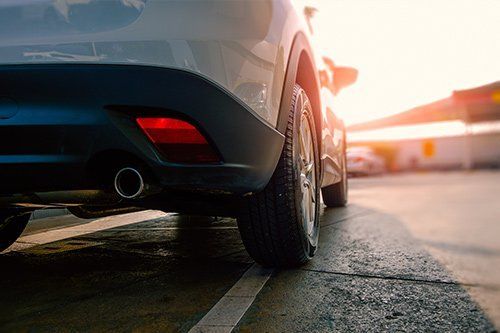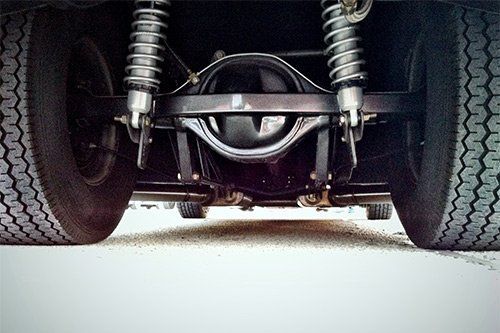Are Exhaust System Modifications Allowed in Texas?
If you have a sporty vehicle, and you want to change the tone or flow of your exhaust system, then you need to be very careful. Laws are tricky about allowable modifications to the exhaust systems. If you make changes, then you may fail inspection and need to change your exhaust system back to its previous condition. Here is more information about what you are allowed to do and not do to your exhaust system in Texas.
Exhaust System Changes
Your car or truck's exhaust system is finely tuned for the best performance, sound, and emission requirements. Many people like to make changes to their exhaust system to reduce back pressure and improve performance and power.
However, any changes you make changes your engine's efficiency and emissions. Therefore, if you want to make changes to your exhaust system, you have to work within Texas emission laws to do so.
Exhaust Modification Laws
Texas requires that all vehicles have a muffler. That means that you can't run your car or truck without one. Your muffler must be completely intact and not contain any perforations. You also cannot patch up a muffler with a hole; you must replace the muffler instead. If you try to bring your vehicle into inspection with a patched-up muffler, you will fail.
Your muffler must be in good condition and look as close to new as possible. Your muffler is also required to look and perform similarly to the original one on your vehicle. You may be required to repair your exhaust system if any other component, such as your catalytic converter or resonator, has holes or is leaking.
You cannot change from single to dual exhaust or vice-versa except under certain circumstances. You can add a dual exhaust if your vehicle's manufacturer has designed your vehicle's make and model for a dual exhaust version.
In other words, you cannot simply put a dual exhaust on any vehicle, even if you put two catalytic converters into the system. A dual exhaust on a chassis designed for only one converter affects the emissions output and could result in a failed inspection.
Exhaust Noise Laws
Unlike many other states, Texas does not have a well-defined exhaust noise law. This does not mean that your vehicle can be as loud as you want. If your exhaust is loud, then an officer of the law could cite you. However, when you take your vehicle in for inspection, noise levels are not checked. Your city or county may have specific noise regulations.
Exhaust Emission Laws
If you make modifications, then you must abide by Texas emission laws. Any modification you make must not cause your vehicle to put out more emissions than required by law. In addition to your muffler, your exhaust system must have a catalytic converter. If your exhaust system has additional components, such as resonators, then you may not remove those either. You also cannot add additional components that directly increases your emission output.
The bottom line is that your exhaust system must retain most of the same emission and performance parameters of your car or truck's original exhaust system. The pressure, sound, and design must closely align to your vehicle's manufacturer's recommendations. If an inspector believes that your vehicle deviates too far from the original specifications, then you may be required to remove all of your changes.
If you want to make changes to your exhaust system or if you need to repair your existing exhaust system so that it will pass inspection, then Midland Muffler and Brake can help. We are muffler and exhaust system experts, and we will let you know about any allowable changes or needed repairs. We repair all types of vehicles including classic cars. Bring your car in for a free estimate and consultation.
